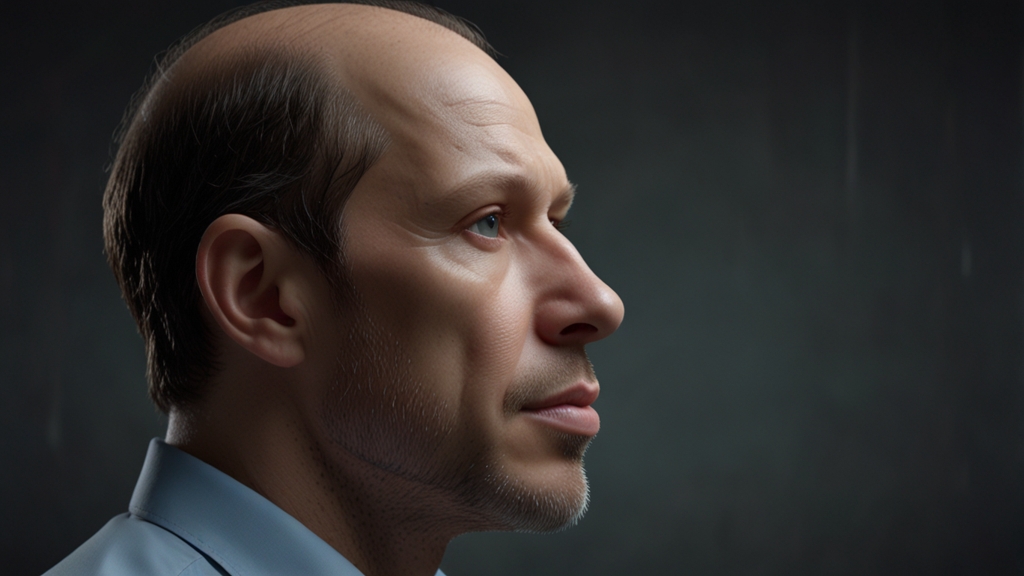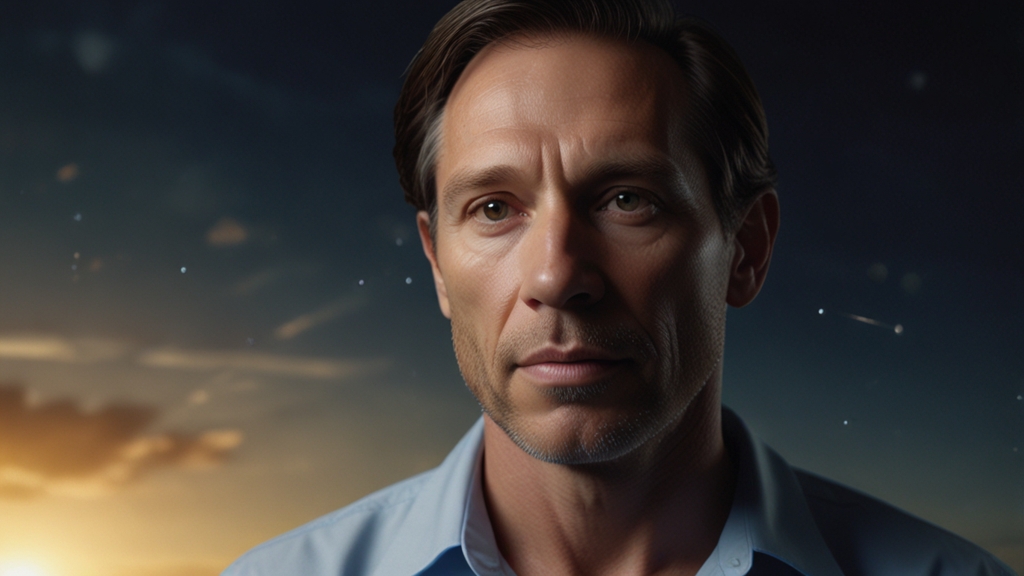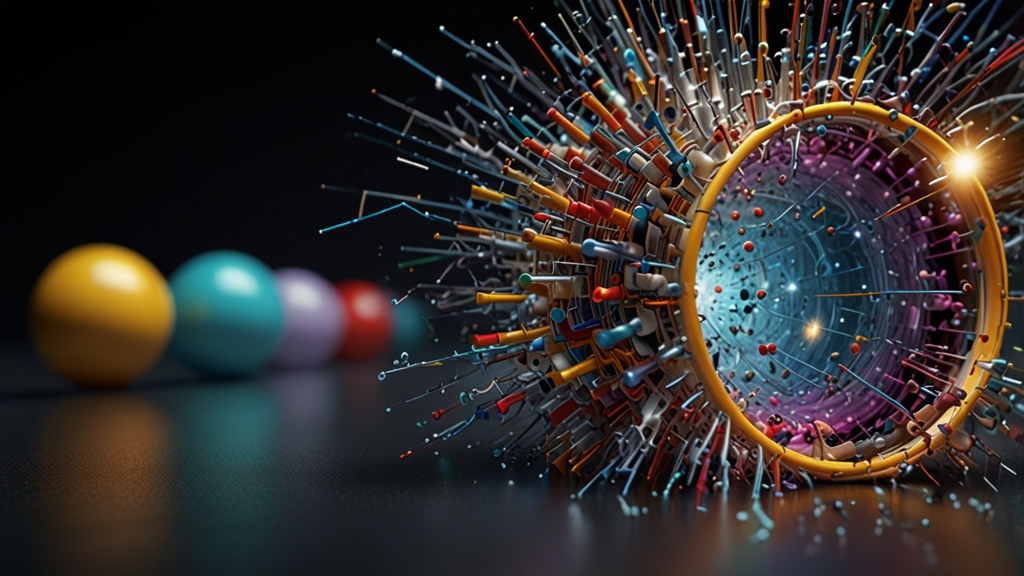Are Humans Losing Their Ability to Think Logically?
In an era dominated by technology and instant gratification, concerns have emerged about whether humans are losing their ability to think logically. The advent of the digital age, characterized by an overload of information, has raised questions about the impact on cognitive skills. Are we, as a society, becoming less capable of structured, rational thought?
The Information Overload
One of the primary challenges we face today is the sheer volume of information available at our fingertips. The internet, social media, and smartphones have created a deluge of data that can be overwhelming. While access to information has its benefits, the constant bombardment can hinder our ability to process and analyze it logically.
In a study by the University of California, San Diego, researchers estimated that an average American consumes around 34 gigabytes of data each day. This overwhelming amount not only strains our cognitive faculties but also reduces the time available for deep thinking and logical reasoning.
The Decline of Critical Thinking
Critical thinking is an essential component of logical thought, enabling us to evaluate arguments, identify biases, and make informed decisions. However, educational systems and societal trends may not be adequately fostering these skills. There is an increasing reliance on rote learning and standardized testing, which prioritize memorization over critical analysis.
Furthermore, the prevalence of "echo chambers" on social media platforms, where individuals are exposed mainly to information that confirms their preexisting beliefs, can exacerbate the decline in critical thinking. Without exposure to diverse perspectives, people are less likely to engage in rigorous, logical evaluations of differing viewpoints.
The Role of Technology
Technology, while a powerful tool, has its drawbacks. Search engines and social media algorithms are designed to present quick, easily digestible snippets of information. While this can be convenient, it also short-circuits the mental processes involved in deep, logical analysis. The habit of skimming through headlines and summaries rather than engaging with comprehensive content can undermine our ability to think logically.
Marshall McLuhan, a prominent media theorist, once said, "We shape our tools and thereafter our tools shape us." The technologies we use daily—smartphones, social media, search engines—are not just changing how we access information but also how we process and comprehend it.
Maintaining Logical Reasoning Skills
Despite these challenges, there are ways to maintain and even enhance our logical reasoning abilities. Education systems can emphasize critical thinking and problem-solving skills over rote memorization. Likewise, individuals can take proactive steps to engage in activities that foster logical thinking, such as reading complex texts, learning new skills, and engaging in debates.
Moreover, setting aside time for "deep work," as computer science professor Cal Newport recommends, can enhance cognitive faculties. Deep work refers to the ability to focus without distraction on a cognitively demanding task. By minimizing distractions and dedicating time to intensive, focused thinking, we can counteract some of the adverse effects of our fast-paced, information-rich environment.
Conclusion
While there are legitimate concerns about the potential decline in humans' ability to think logically, these challenges are not insurmountable. By creating environments that promote critical thinking and by being mindful of our media consumption habits, we can preserve and even enhance our logical reasoning skills. The key lies in balancing the convenience of modern technology with practices that nurture our cognitive abilities.
As the philosopher René Descartes famously said, "Cogito, ergo sum" – "I think, therefore I am." In an age flooded with information, the essence of our humanity hinges on the ability to think clearly and logically. It is a skill worth preserving, for it is fundamental to our progress and understanding of the world.









